Candidate Directors for the 2020 Elections
Below you find a detailed description of each of the 9 candidates, in alphabetical order. You can find even more information about them on their personal websites. This year 3 new Directors for 2021-2023 will be elected.
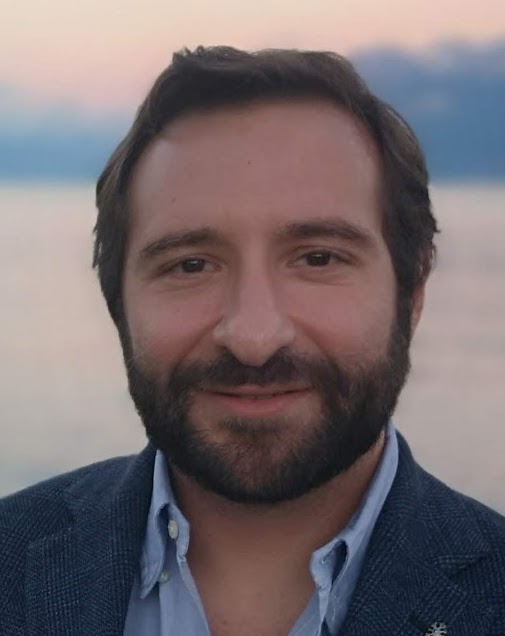 |
Corrado Cali
Faculty MemberUniversity of Torino
Italy |
Since February 2020, I am an assistant professor of Human Anatomy at the University of Torino(Italy).I was trained as a biomedical engineer at the Politecnico di Torino(Italy),and finalized my master thesis with Henry Markram and Michele Giugliano at EPFL(Switzerland) in 2006.I dedicated my PhD to the investigation of synaptic modulation from astrocytes,in the lab of Paola Bezzi(UNIL,Switzerland),and pursued my studies as junior group leader in the lab of Pierre Magistretti in KAUST(Saudi Arabia).My approach is based on high-resolution 3D electron microscopy and Virtual Reality to investigate the anatomical basis of astocytes-neurons interaction.
|
| |
Motivation:
Recently, we are attempting to model astrocytes and metabolism. This field is relatively young and growing, and I found a vivid and enthusiastic community around this topic. I feel my background is eclectic enough to contribute significantly to the growth of this community.
OCNS and CNS participation:
Attended 1 CNS meeting(s). Programme Committee/Local Organizing Committee member: 0 meeting(s). OCNS member since 2019.
Other information:
My first publication as an undergrad was a computational work on Gap Junctions (Cali et al., 2008); recently, we published two papers in collaboration with BBP, on our computational approach to model astroglial metabolism (Coggan et al, 2018, Plos Comp. Biol; Coggan, Cali et al.,2018, Frontiers in Neuroscience).
|
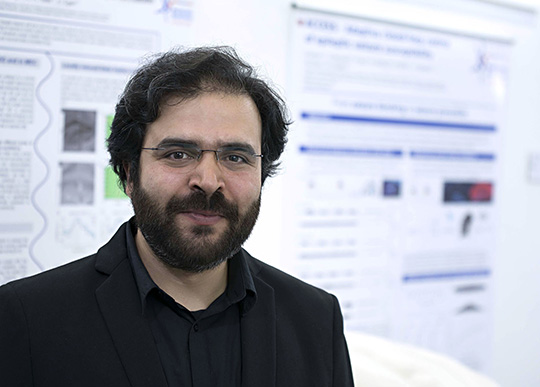 |
Renato Duarte
Postdoc MemberInstitute Of Neuroscience And Medicine (Inm-6) And Institute For Advanced Simulation (Ias-6) And Jara-Institute Brain Structure-Function Relationships (Inm-10), Juelich Research Centre, Juelich, Germany
Julich
Germany |
I am a postdoctoral researcher in the Computation in Neural Circuits (CiNC) group at the Juelich Research Center, Germany. My research focuses on neocortical systems, particularly on the role of synaptic dynamics and modular specialization in constraining the system's ability to acquire rule-based representations. Throughout my education, I have been exposed to a variety of different domains, starting with the molecular and biochemical aspects (BSc in pharmaceutical science), followed by the cognitive (MSc in cognitive neuroscience) and computational / theoretical aspects (PhD in computational and theoretical neuroscience). This allows me to understand (and attempt to integrate) a vast array of knowledge in my research and easily communicate across relevant disciplines.
|
| |
Motivation:
Modern neuroscience is a community effort and requires an extensive coordinated approach. Organizations such as OCNS are vital to ensure that scientific interactions occur in adequate forums and provide the required complementary education and training. Having participated and benefited from several past OCNS initiatives, I understand the organization's role in the field and its priorities resonate with my own. As such, I would be honored to take a more active role.
OCNS and CNS participation:
Attended 4-5 CNS meeting(s). Programme Committee/Local Organizing Committee member: 0 meeting(s). OCNS member since 2012.
Other information:
As a supporter of open science, I try to ensure all my research is openly available and reproducible. I provide open source software accompanying my publications, whose scope extends beyond that of the publication itself. In that regard, I have contributed as an active open source software developer in several scientific libraries. I am also an active contributor in the NEST initiative and have participated in community courses and workshops, as a lecturer and tutor.
|
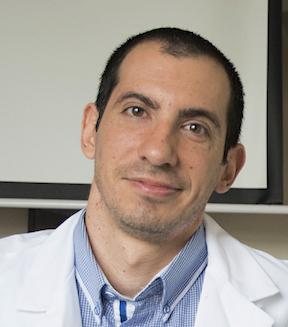 |
Salvador Dura-Bernal
Faculty MemberSuny Downstate
Brooklyn
United States |
I am an Assistant Professor at the State University of New York Downstate. I completed my PhD and first postdoc at the University of Plymouth, UK; followed by postdocs at Johns Hopkins and SUNY Downstate. My research focuses on understanding cortical circuits through large-scale biophysically-detailed simulations. I developed detailed models of motor and auditory cortical circuits, and a software tool for modeling of brain circuits (netpyne.org). I received the 2019 Furchgott Scholar Award, an early-career investigator prize; and the 2017 Best Use of AI Award from HPCwire. I am PI in 3 grants from NIH, NSF and NY State.
|
| |
Motivation:
I have attended and benefited from CNS for the last 7 years, so I would like to contribute to this fantastic organization. The yearly meetings provide a unique environment to exchange ideas and advance the field of computational neuroscience. I hope to help support and grow this community further.
OCNS and CNS participation:
Attended more than 5 CNS meeting(s). Programme Committee/Local Organizing Committee member: 0 meeting(s). OCNS member since 2013.
Other information:
I have organized workshops (Bernstein'18), tutorials (CNS '18-20) and lectured at courses (eg. NEURON course, Sardinia 2019, LASCON'18 and '20) on modeling. I participate in the NIH IMAG MSM meetings, I am a member of the INCF Special Interest Group (SIG) on Standardised Representations of Network Structure, of the NeuroML Editorial Board, and I contribute to NeuroML, Open Source Brain and SONATA.
|
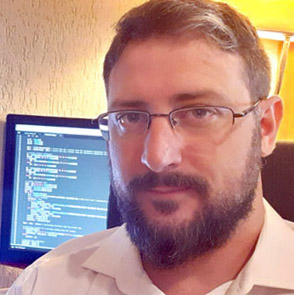 |
Mauricio Girardi-Schappo
Postdoc MemberUniversity Of Sao Paulo
Ribeirao Preto, Sp
Brazil |
A PhD in Physics who's eager to understand the workings of brain function. I have been using theoretical and data-driven modeling, from individual neurons to systems, and to the whole brain, to unveil the mechanisms that give rise to thoughts. I worked with epilepsy (f)MRI during my postdoctoral experience in the Montreal Neurological Institute. Then, as a postdoc in the University of Sao Paulo, I worked with theoretical modeling of homeostatic mechanisms that balance synaptic currents, and also with modeling of EEG signals from epilepsy patients. Now, in my current postdoc in the University of Ottawa I'm studying spatial memory formation in the Hippocampus.
|
| |
Motivation:
I will work within OCNS to strengthen the support and visibility of exceptional theoretical research, specially the development of general models that are able to enhance our current integrative understanding of brain function. I will also work on enlarging the reach of Computational Neuroscience, and making our meetings accessible to a diverse community.
OCNS and CNS participation:
Attended 2-3 CNS meeting(s). Programme Committee/Local Organizing Committee member: 0 meeting(s). OCNS member since 2011.
Other information:
I give talks regularly in Brazilian and international events of scientific dissemination for the community, such as the Pint of Science, and other more localized events in public educational institutes and universities. I usually try to bring Neuroscience, from the molecular to the whole brain scale, to the reach of students and adults who are interested in understanding how the brain works. I'm also a pro skydiver and hiking enthusiast.
|
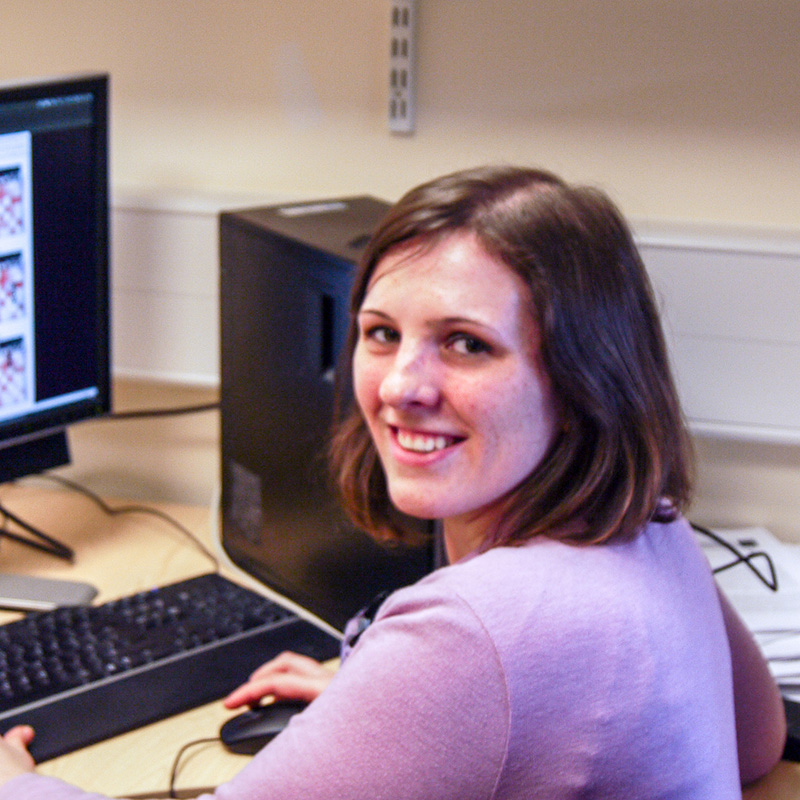 |
Xenia Kobeleva
Postdoc MemberUniversity Of Bonn
Bonn
Germany |
Dr. Xenia Kobeleva works as a clinical neurologist at the University Hospital Bonn, Germany, and is an affiliated research associate at the German Center for Neurodegenerative Diseases. She has also completed several stays in laboratories abroad, including the Computational Neuroscience Group at UPF Barcelona, Spain, and the Institute of Ageing and Health in Newcastle, United Kingdom. She focusses on the discovery of biomarkers and explanation of pathological patterns through mathematical models in neurodegenerative diseases. Xenia is also active in the Open Science movement. She is dedicated to bringing principles of open science to the research community - to make it more reproducible, robust and inclusive.
|
| |
Motivation:
Volunteers with different backgrounds bring diverse mindsets to the OCNS community, thus enriching the scientific discussion and giving rise to new research ideas and enabling collaborations without man-made borders. My main goal is to maintain inclusivity (labs, gender, geography, etc) within the OCNS and making computational neuroscience accessible to everyone (by helping to transfer the necessary skills, distributing travel awards and increase the outreach of OCNS). As clinician interested in computational neuroscience I would especially like to represent the clinical side from computational neuroscience within the OCNS and help giving this topic a better platform within the community.
OCNS and CNS participation:
Attended 1 CNS meeting(s). Programme Committee/Local Organizing Committee member: 0 meeting(s). OCNS member since 2018.
Other information:
As I strongly believe that communities prosper from active involvement, I have been on several boards within the clinical neurology community, having served as a treasurer, having organised several workshops for annual conferences and being involved in different working groups.
|
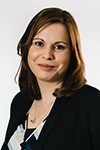 |
Eirini Mavritsaki
Faculty MemberBirmingham City University
Birmingham
United Kingdom |
I am Professor in Cognitive Psychology and Director of Research and Enterprise in the School of Social Sciences in Birmingham City University with affiliation also the University of Birmingham as Honorary Lecturer and Cambridge University as Visiting Academic. I received training in the areas of computational modelling and computational cognitive neuroscience. In my research, I use computational models of integrating and fire neurons to simulated cognitive processes for the healthy and diseased brain (e.g. ADHD and Alzheimer's) and to link computational modelling with other methodologies (e.g. fMRI, behavioural and EEG). My research awarded the BPS cognitive section award (2012) for significant contribution to Cognitive Psychology.
|
| |
Motivation:
Computational neuroscience felt home to me from PhD studies but became a passion when I attended the computational neuroscience course in Trieste in 2001. Computational Neuroscience offered a lot to me, and I feel that now is the time for me to give some of these back. I believe my expertise in bridging different levels of computational modelling will support further the development of this community.
OCNS and CNS participation:
Attended more than 5 CNS meeting(s). Programme Committee/Local Organizing Committee member: 0 meeting(s). OCNS member since 2001 (first membership).
Other information:
This year I took part in the Neuromatch Academy
|
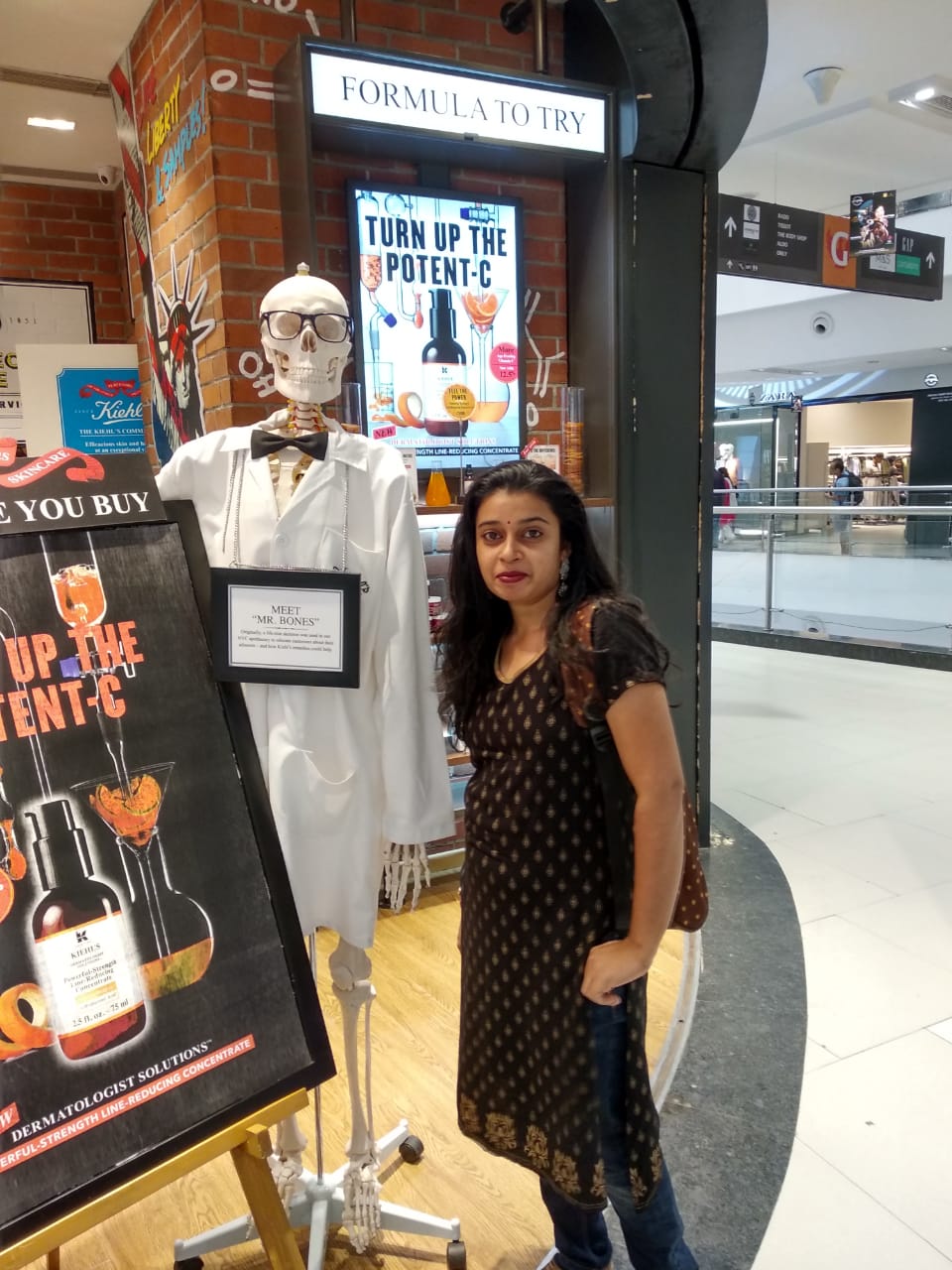 |
Janaki Raghavan
Student MemberThe Institute Of Mathematical Sciences
Chennai
India |
I was raised in southern India with a middle class but aspirational upbringing. Having a natural penchant for leadership and organization while growing up, I wanted to make a career in administrative services. During college, my interests shifted towards research and I did masters in Physics. Thereafter I took a year long hiatus during which I worked multiple temporary jobs, in academic and corporate settings. After careful consideration I decided to pursue PhD by joining complex systems lab at the Institute of Mathematical Sciences, Chennai where I discovered my interest in neuroscience. I am about to finish my PhD where I studied the effect of network architecture on persistent activity in neuronal networks and the role of learning in emergence of mesoscopic structure.
|
| |
Motivation:
OCNS has been an integral part of my growth as a researcher. It gave me ample exposure and encouragement by connecting me with the international community. Serving as a director will help me pay my gratitude towards this wonderful community and contribute to its flourishing. This opportunity will also help me plan a transition from scientific research to scientific management for future career.
OCNS and CNS participation:
Attended 2-3 CNS meeting(s). Programme Committee/Local Organizing Committee member: past meeting(s). OCNS member since 2018.
Other information:
I was a member of the Web Organizing Committee in CNS*2020 Online conference. I have also been a part of the local organizing committee in INCF-2012 and Dynamics Day Asia Pacific-2014, which were held at The Institute of Mathematical Sciences, Chennai, India.
|
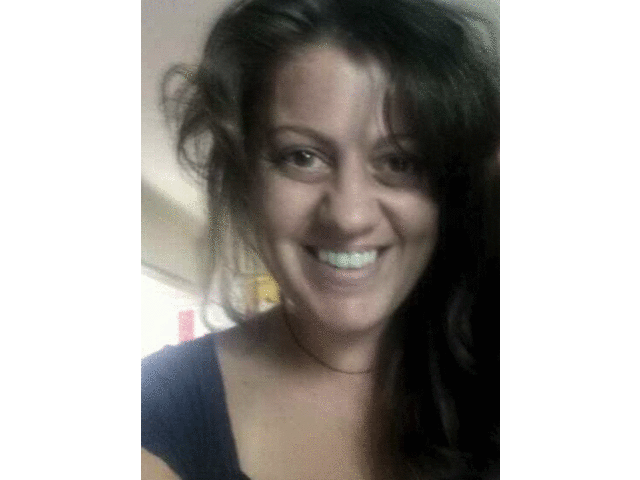 |
Panagiota Theodoni
Postdoc MemberNew York University
New York
United States |
I studied physics at the University of Athens/Greece, where I also did my MSc in condensed matter physics. I did my PhD at the Pompeu Fabra Universtitat in Barcelona/Spain, in computational neuroscience with Gustavo Deco. Afterwards, I did a <2 years postdoc with Alex Roxin at the Center for Mathematical Research in Barcelona, a 2 years postdoc with Xiao-Jing Wang at NYU Shanghai in China. Currently I am at my 3rd year as a postdoc with Xiao-Jing Wang at NYU in USA. I have worked on models for perceptual decision making, conscious perception, episodic memory, mechanisms of neural adaptation and synaptic plasticity. I am now working on recurrent neural networks for social decision making and on a multi-area model for conscious perception. I have studied the properties of the marmoset cortical connectivity, comparing them across species, and I am now working on a model of the marmoset cortex comparing with that of the macaque.
|
| |
Motivation:
I want to see academia being democratic, inclusive, diverse and accessible to the world. If I am elected, I will encourage changes according to this vision. Specifically, I would like to suggest a 1-year commitment, instead of 3. Personally, I am a postdoc until August 21 and I still don't know what I will be doing next. Also, I would like to see CNS talks being also online interactively, that there are no fees and that the selection of members is with lottery to decrease biases.
OCNS and CNS participation:
Attended 0 CNS meeting(s). Programme Committee/Local Organizing Committee member: 0 meeting(s). OCNS member since 2020.
Other information:
I was in the executive committee and chair of the language/regional/timezone committee of the neuromatch academy, the online summer school held in July 2020. Currently I am co-organizing the NYU Swartz seminar series which we are very happy that we managed to make them online and accessible to everybody in the world.
|
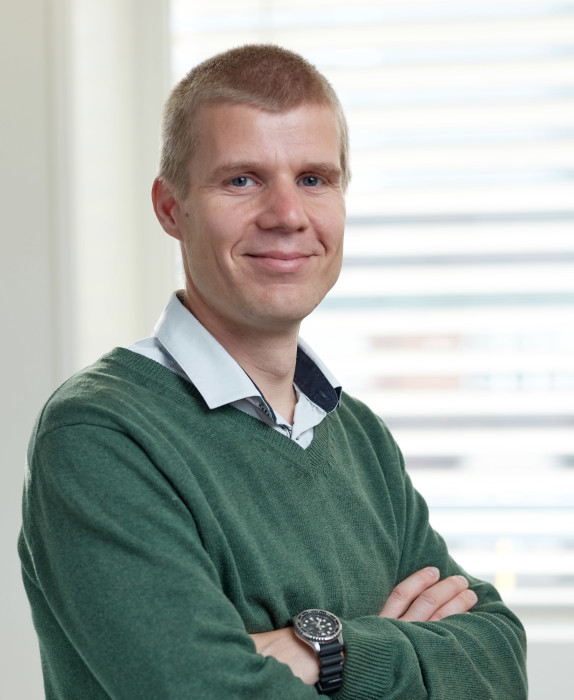 |
Friedemann Zenke
Faculty MemberFriedrich Miescher Institute For Biomedical Research
Basel
Switzerland |
Friedemann Zenke is a junior group leader at the Friedrich Miescher Institute for Biomedical Research in Basel, Switzerland. He studied physics at the University of Bonn, Germany. He later received his Ph.D. in the laboratory of Wulfram Gerstner at the EPFL in Switzerland, where he worked on the interaction of synaptic and homeostatic plasticity. As a post-doc, he worked with Surya Ganguli at Stanford and later as a Sir Henry Wellcome fellow with Tim Vogels in Oxford. His research lies at the confluence of machine learning and computational neuroscience, focusing on spiking networks, continual learning, and deep credit assignment.
|
| |
Motivation:
The challenges of how we do and communicate science that we face today will have a lasting effect on how we will function as a community tomorrow. I would like to take this opportunity and actively contribute to this transformation to help render scientific exchange more diverse, green, and inclusive.
OCNS and CNS participation:
Attended 4-5 CNS meeting(s). Programme Committee/Local Organizing Committee member: 0 meeting(s). OCNS member since 2012.
Other information:
I am actively involved in open source software development and have organized several seminar series and, more recently, online meetings.
|
|









